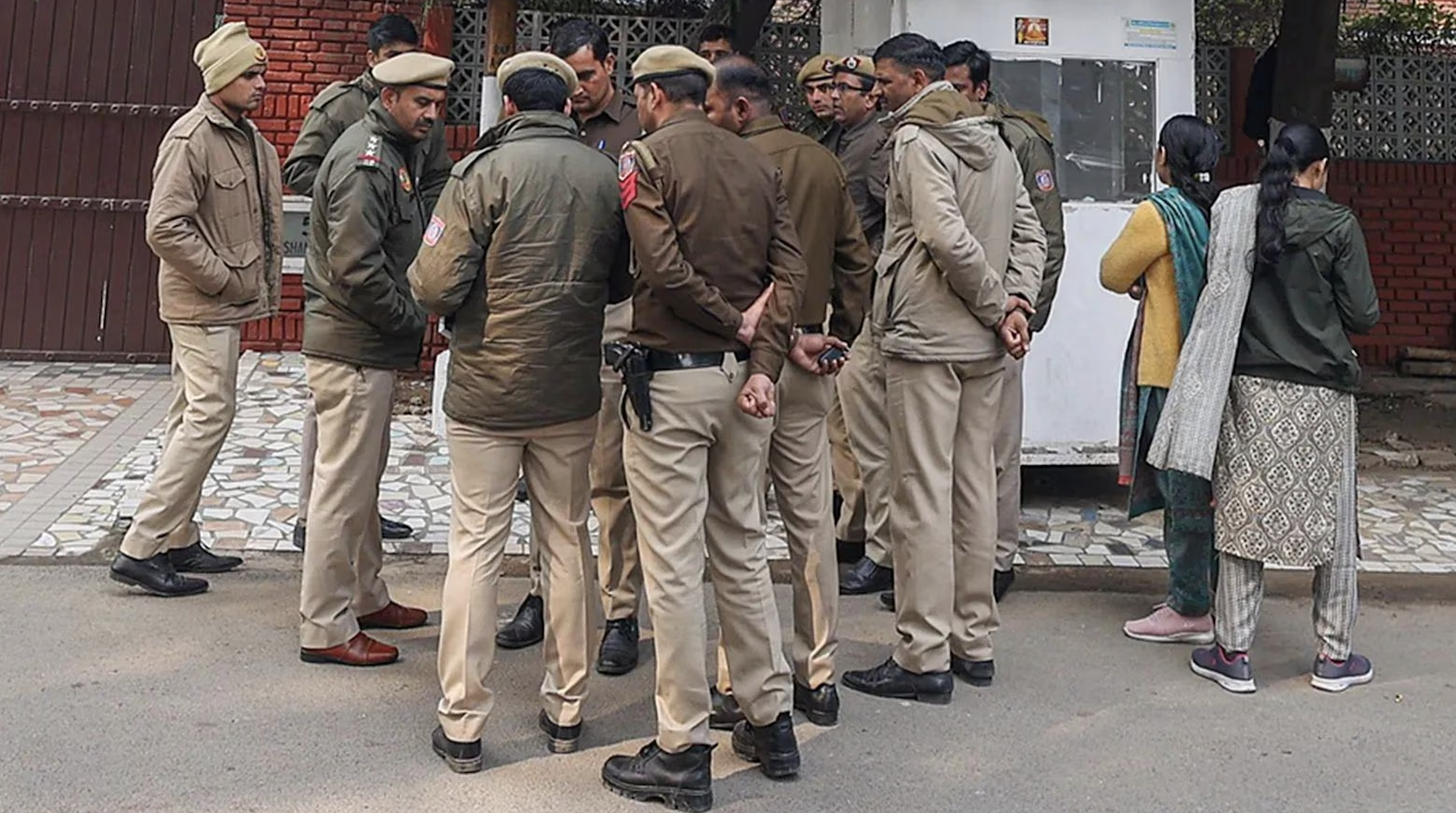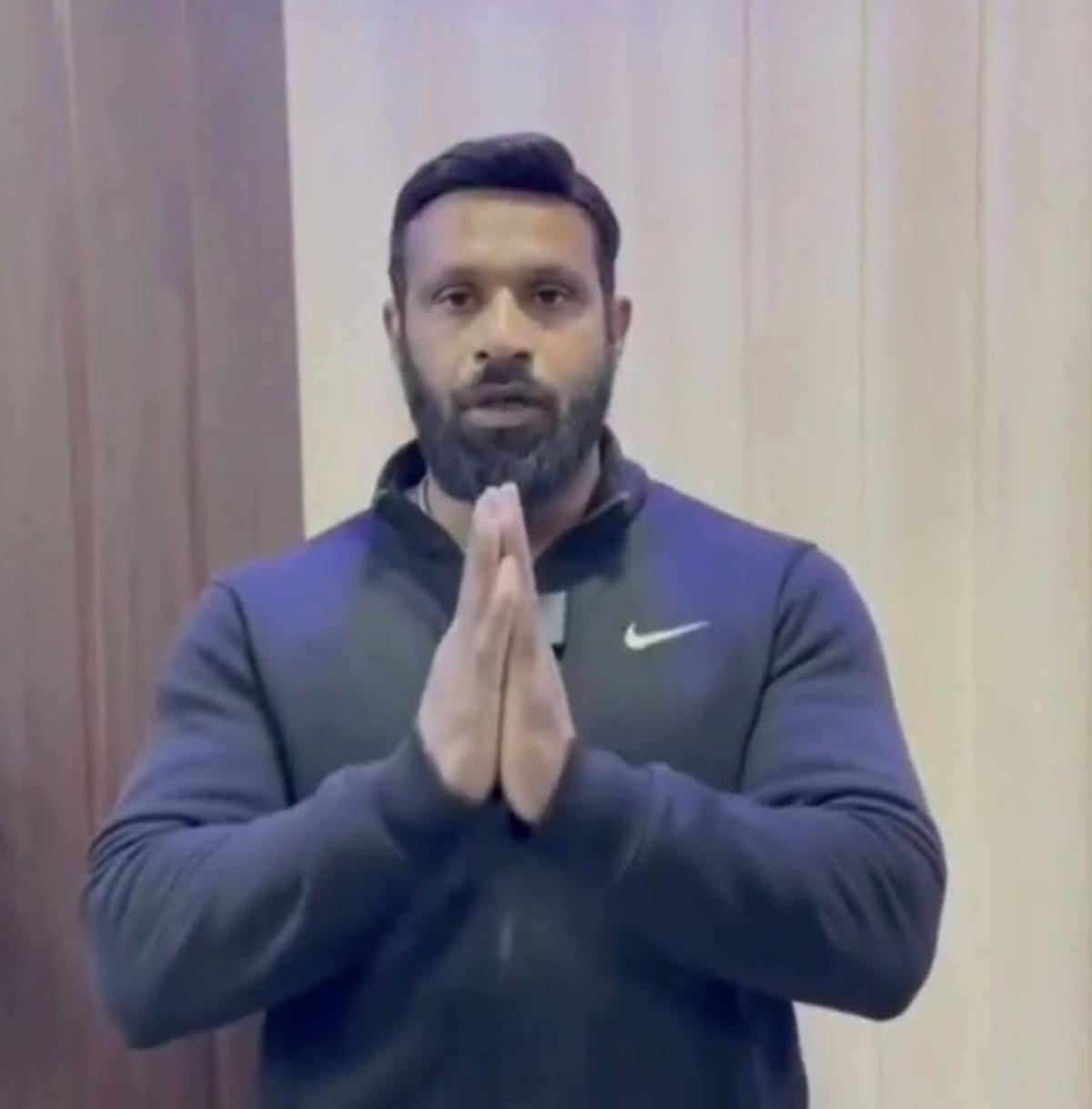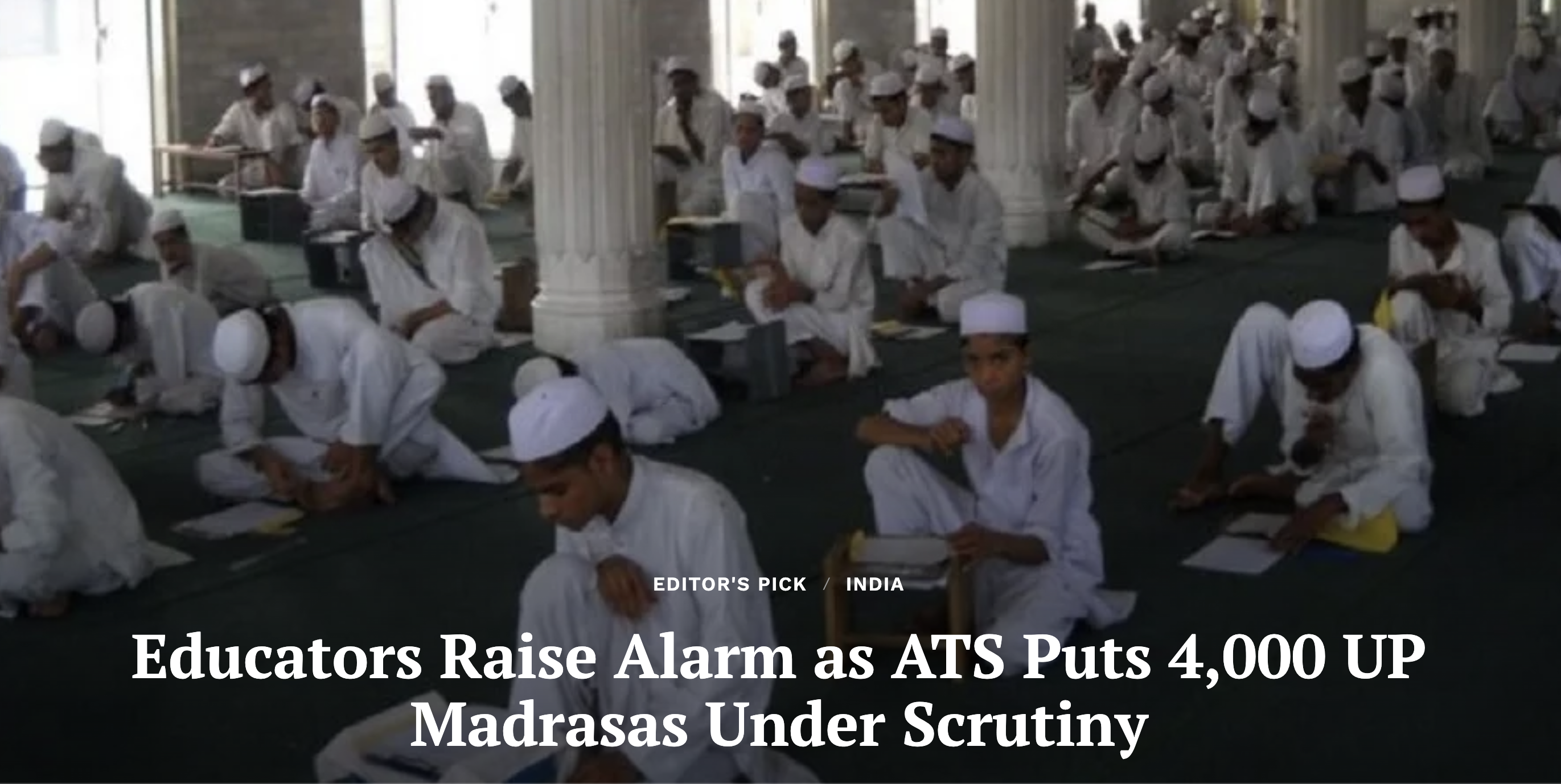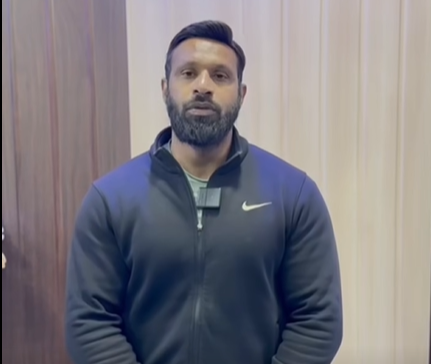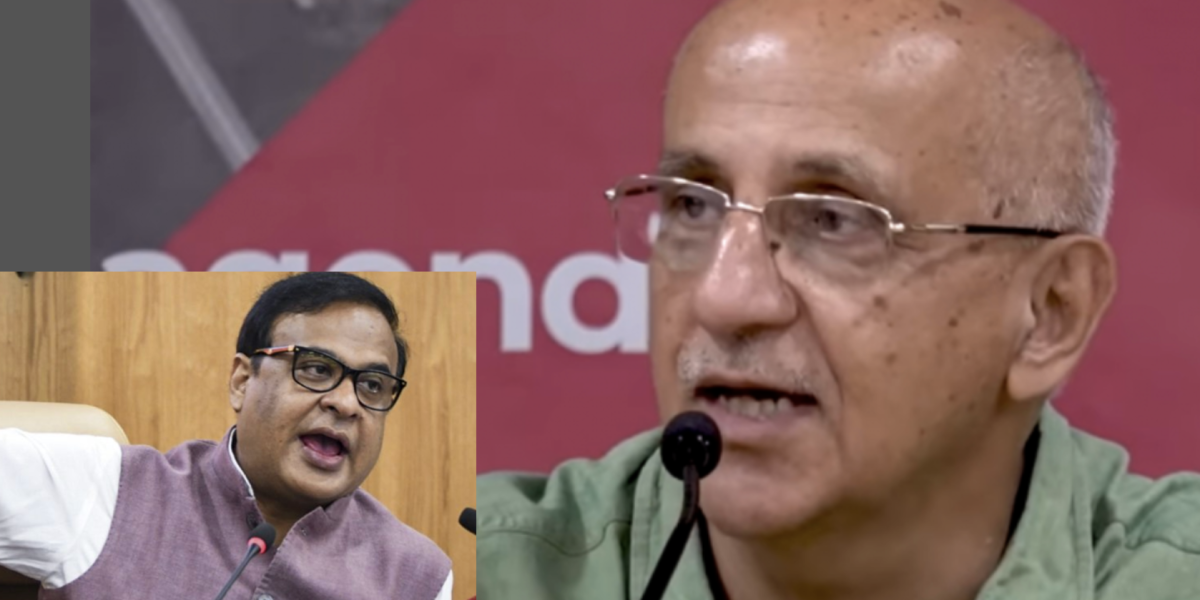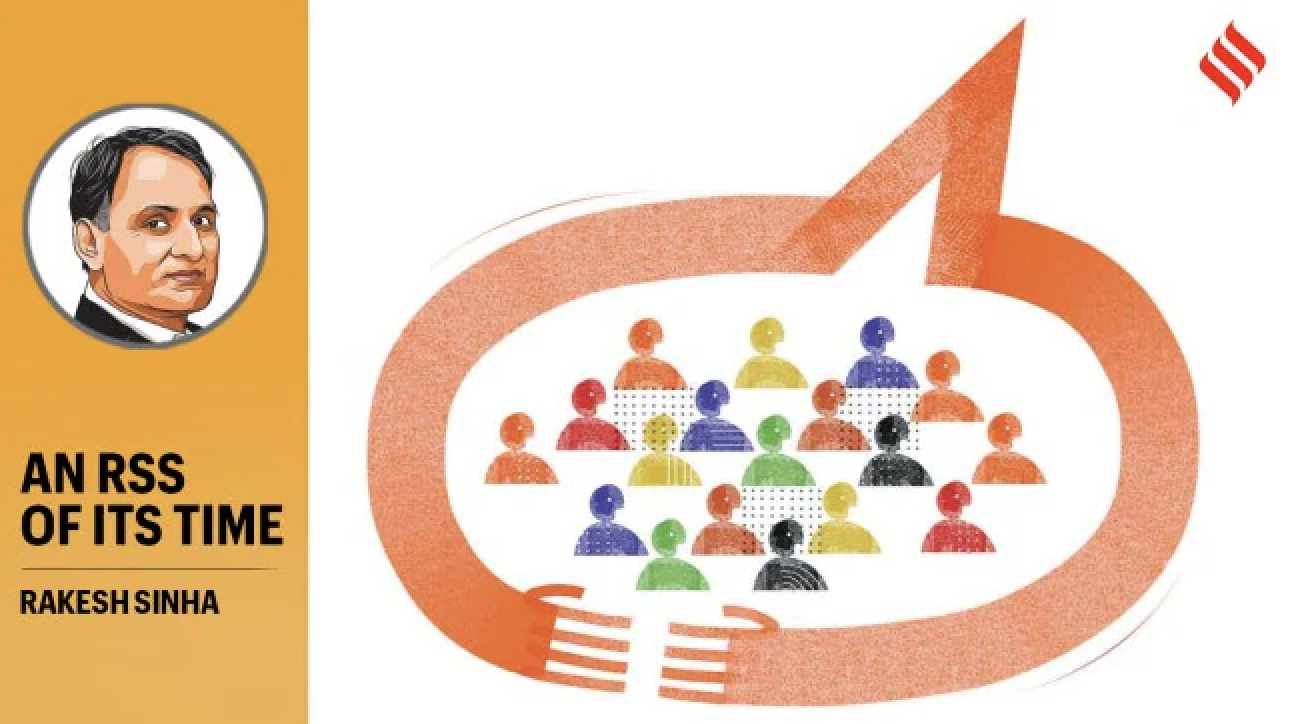
By Dr Rakesh Sinha
RSS Sarsanghchalak Mohan Bhagwat’s dialogue at the Vigyan Bhawan marks a philosophical leap in the organisation’s history. It reflected the collective will of not only the organisation’s rank and file but also gave expression to the beliefs of millions of cadres. Bhagwat talked of going beyond the task of organising Hindus. He said, “The RSS wants to organise the entire society”. The RSS Sarsanghchalak criticised some radical groups that masquerade as part of the Hindutva movement and reiterated the importance of dialogue between communities as a genuine solution to social conflicts. This was also a strong appeal for reciprocity from the so-called minorities, particularly Muslims and Christians, to break the inertia that stops them from reconnecting with their cultural roots and confines these communities to ghettos.
The RSS today evolved and developed V D Savarkar’s vision of Hindutva. It does not cling to old speeches of its leaders. It moves according to the need of the hour. In essence, Bhagwat’s words were both an attempt at and a plea for the detoxification of discourses that have often polluted mindsets and bred mistrust. They lay the ground for conversations based on mutual trust and optimism. The three-day event was also an attempt to infuse a liberal democratic spirit into social and cultural conversations. As the RSS chief, Bhagwat has the moral heft to do so. The RSS has never been the reason for polarisation in the country. When the country was partitioned, then Home Minister Sardar Vallabhbhai Patel informed the Central Assembly, on February 11, 1947, that no province had asked for a ban on the RSS. A little more than a decade earlier, in 1934, during a debate in the Central Provinces and Berar Legislative Council, the colonial government could not respond to Muslim member M S Rahman’s appreciation of the Sangh. Rahman challenged the government’s portrayal of the RSS as a communal organisation.
The evolution of societies often involves myriad, unknown factors. Challenges are a constant. However, socio-cultural and political orthodoxies seem to have become entrenched in modern times. They address new realities with old mentalities. Therefore, resistance to change is apparent in almost every sphere. In such times, Bhagwat typifies RSS’s exceptionalism – the organisation has always sought to contextualise itself and redefine its philosophy of action. Most organisations fear that ideological revision might cause splits, dissent, and disintegration. This breeds hypocrisy. The communist and socialist movements in India, which also began in the 1920s, saw splits and disintegration. Over time, their influence waned. Two factors gave the RSS an edge. First, its leadership and workers remained in constant touch with the people. They are good listeners as well as inheritors of the views of the common people. Second, the process of contemplation within groups in the organisation has been maintained. These methods are followed not just within the organisation’s top echelons. Informal consultations outside the organisation’s top leadership are given no less importance. Bhagwat said that, in the RSS worldview, individual ambitions merge with collective desires and ideals.
The Sangh has been a votary of an inclusive Hindu society. It has resurrected the lost meaning of “Hindu”, which includes people of Semitic religions. This definition was in vogue in the 19th century and provides a justification of the Hindu Rashtra. Bhagwat’s response to critics who created the narrative of RSS being a votary of uniformity is equally compelling. He said that synonyms like Bharatiya, Indic, and Hindavi are equally acceptable to the organisation.
Most of the RSS’s history is of confrontation with the Indian state, dominated by the Nehruvian-Marxist ideologues. It’s also a story of conflict with civil society leaders who have much in common with these ideologues. The two created several myths to tarnish the RSS. After its elevation as a dominant social and cultural group with a visible impact on politics and state power, Bhagwat uplifted the saffron movement and articulated cultural reintegration and constitutionalism as the hallmarks of a new RSS nationalism.
This story was originally published in indianexpress.com. Read the full story here.


